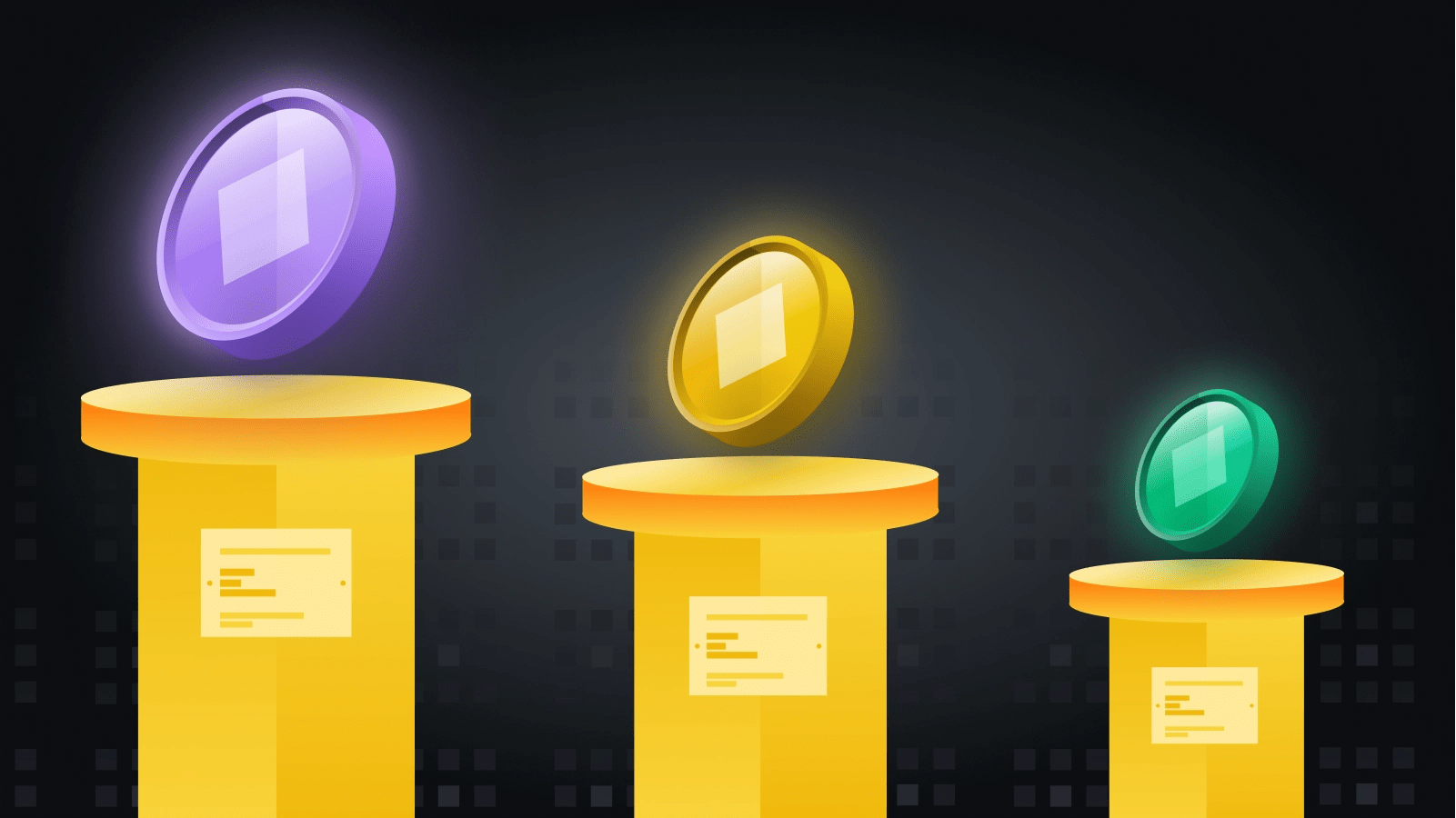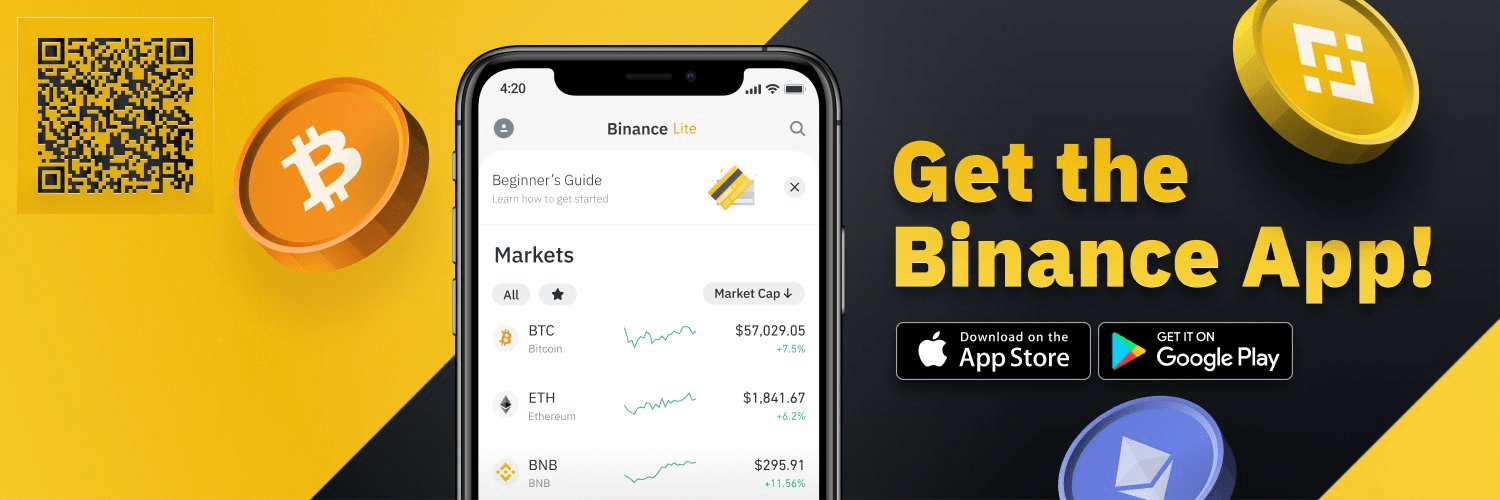Whether a creator uses Binance NFT or another minting platform, the value of their non-fungible token will depend on several factors. Not every creator is a Beeple, nor every sale conducted with the publicity of a Christie's or Sotheby's auction. Most content creators offer their NFTs at low prices, usually not more than a few hundred dollars, if that.
Many find after minting and selling their NFT that, to their surprise, the returns are sometimes smaller than expected. As most creators are new to the crypto space, they don’t realize that it isn’t free to interact with the blockchain on which the NFT resides.
This article explains the fees you might see as you navigate the NFT ecosystem. It's not a step-by-step guide to selling an NFT but instead explains where and why fees arise. You will then be better able to judge how to price your collectible and find ways to keep as much profit as possible.
A Brief Introduction to NFTs
Let's take a quick look at some of the basics you'll need to understand before jumping into selling an NFT. Here we'll concentrate only on those aspects relevant to costs associated with creating, buying, and selling NFTs.
An NFT is a digital token that can't be altered or duplicated. Each one is unique to another. A non-fungible token commonly represents some unique object. This object could be anything. It may be physical, such as the title to a painting or a virtual asset like a PNG image, video clip, or meme. The potential to convert anything into an NFT appears to be endless. Make sure, though, that you have ownership of the object in question.
The creator of an NFT decides how much to sell it for, resale rights, and creator royalties, along with any other sale conditions. A smart contract (a self-executing program) captures this information and records it on a blockchain. If someone wants to buy the NFT, they can either interact with the creator personally or go through an NFT marketplace. Each marketplace will automate the sale process depending on the conditions set by the creator, such as a reserve or purchase price.
You don't have to write your own smart contracts or create the token yourself. Various online marketplaces have sprung up to cater to NFTs and hide the underlying technical aspects from users. If you're interested in learning more about how NFTs work, make sure to check out our Binance Academy article.

How Fees Arise
Interacting with a blockchain isn't free. Both Ethereum and Binance Smart Chain (BSC) have a concept called gas. Gas is a measure of the computational "fuel" needed for any interaction with the blockchain. Every interaction requires a certain amount of gas depending on the number and type of computations involved and the storage required. NFT smart contracts tend to be more computationally intensive and cost more gas than simple fund transfers.
The actual amount depends on the gas price, which fluctuates depending on several factors (see an explanation of gas fees here). These gas fees compensate miners who do the computational work to validate and record transactions on the blockchain. These fees are payable in Ether on Ethereum or BNB on BSC.
If you set too low a gas price, your transaction will often remain unconfirmed as miners prioritize transactions with high gas prices. This mechanism creates a bidding system between users. Some crypto wallets follow the current market gas price and recommend an appropriate value to the user. Ethereum has for some time had relatively high gas prices that have even reached $50 per transaction. Binance Smart Chain provides much smaller fees in comparison, with simple transfers usually costing no more than $0.10.
With these in mind, let's outline the costs for each step of the process of creating, recording, buying, and possibly reselling an NFT. Not everything depends on gas fees, but several steps do.
Creating and Funding a Wallet
The first step is to create a crypto wallet, which will hold funds to pay for gas fees and receive any sale proceeds. There are many free wallets out there to use, such as Binance Chain Wallet and MetaMask. The wallet acts as a conduit through which creators interact with NFT marketplaces.
Adding cryptocurrency to your wallet requires converting fiat currency or using a crypto exchange such as Binance.com. Transferring requires you to pay fees, which are usually absorbed in the conversion exchange rate.

Joining an NFT Marketplace and Minting an NFT
Most marketplaces provide tools to help you describe your NFT and the conditions for its sale. Treasureland and BakerySwap for Binance Smart Chain are two of the largest to look at or OpenSea for Ethereum-based NFTs. Once you commit to creating the NFT, you have to pay gas fees to interact with the smart contract that mints your token. Some NFT marketplaces do not charge platform fees for listing an NFT. The mining fee kicks in when the NFT sells, and the buyer absorbs the cost. Not every market works this way, however.
It’s worth noting that some marketplaces work with specific blockchains. Your wallet must have the appropriate cryptocurrency to use with that chain. In most cases, this will be BNB for BSC and Ether for Ethereum. You'll need to use a crypto exchange to convert an appropriate amount of your current holdings into the correct currency. This conversation will also have an associated fee.
Selling the NFT
When your NFT sells, the marketplace likely will charge a platform service fee or commission. There is also a gas fee when interacting with the smart contact associated with the sale on the blockchain.
Getting Paid
Finally, there is a gas fee when transferring the net funds from the sale to the seller's wallet. If the creator receives a royalty for a resale based on the initial contract, that amount is reduced by another gas fee.
Summing Up
If you have read this far, it's plain to see that you can't avoid fees when creating, selling, and buying NFTs. But by being aware of all the ways fees arise, you can mitigate any surprises. It will also help you price your collectible better so that you end up with a reasonable return.
Gas fees are unavoidable when interacting with a blockchain. But there are some steps you can take to cut costs. These include:
Picking a blockchain with lower fees like Binance Smart Chain to mint your NFT.
Understanding the fees that NFT marketplaces charge for handling your NFT listing, minting, and sale. These vary between platforms and are worth probing.
An educated NFT creator is the best way to grow this new marketplace for collectibles. By understanding more about how fees work, everyone ultimately benefits in the NFT ecosystem.


